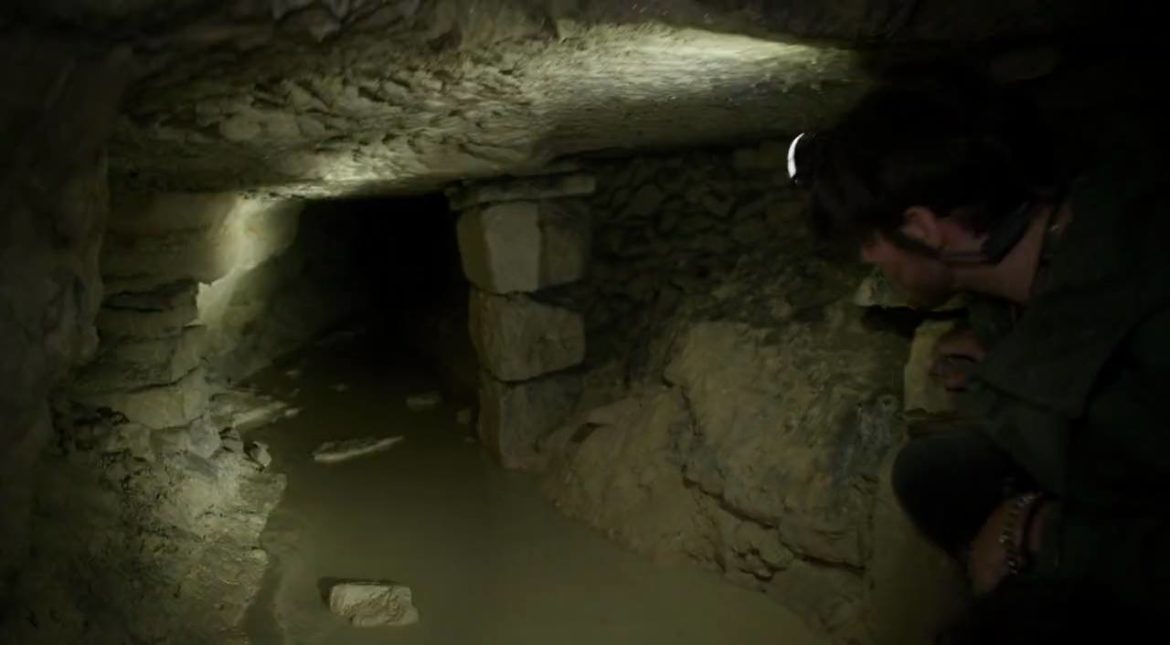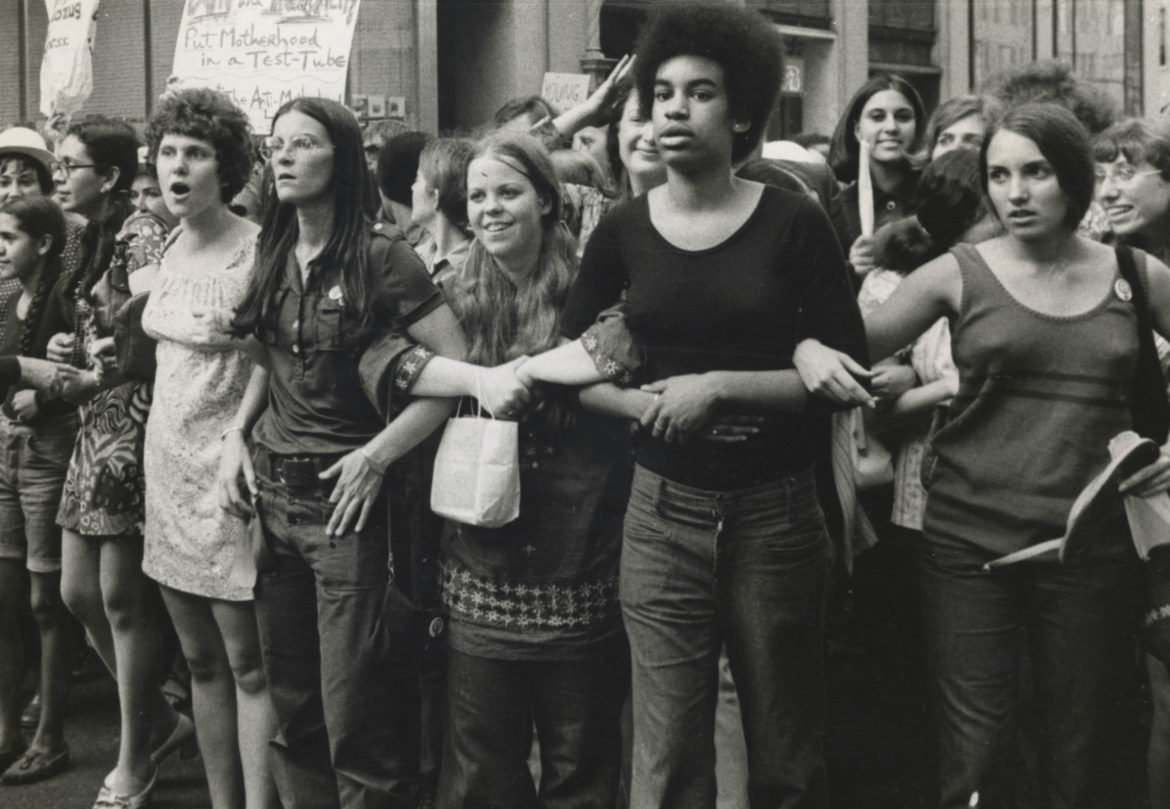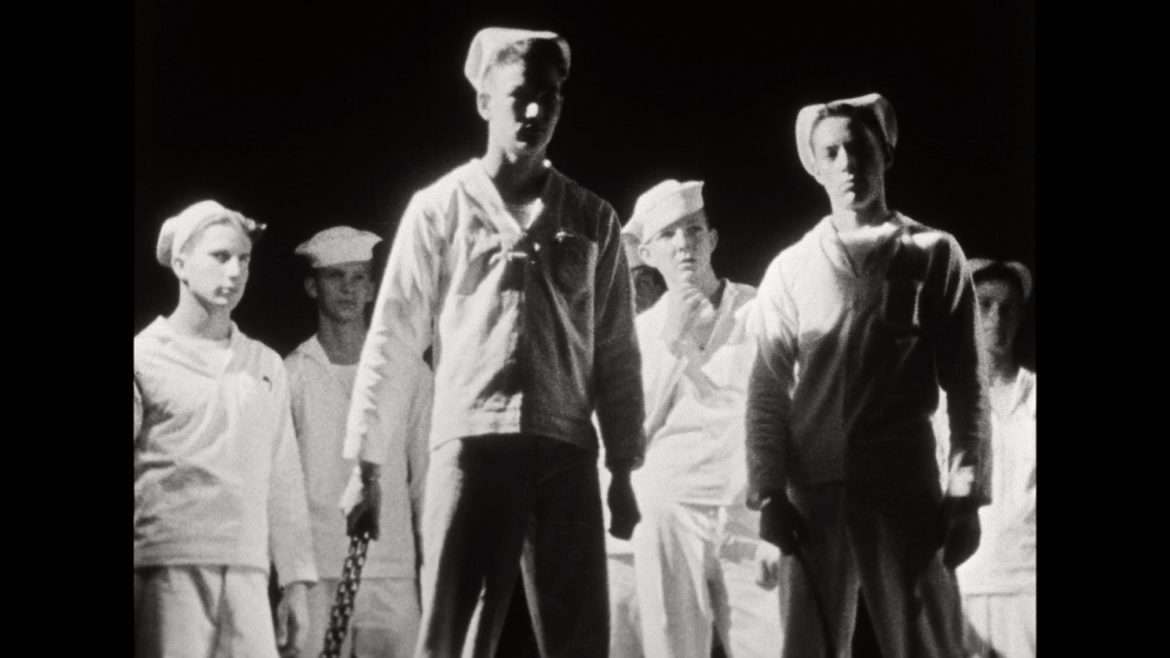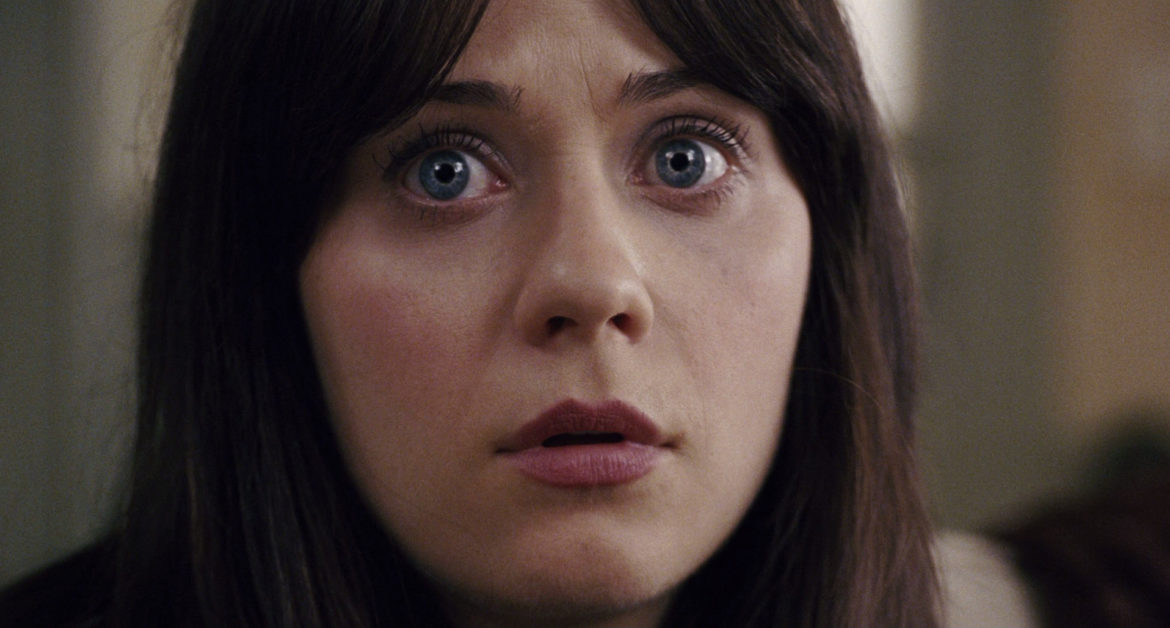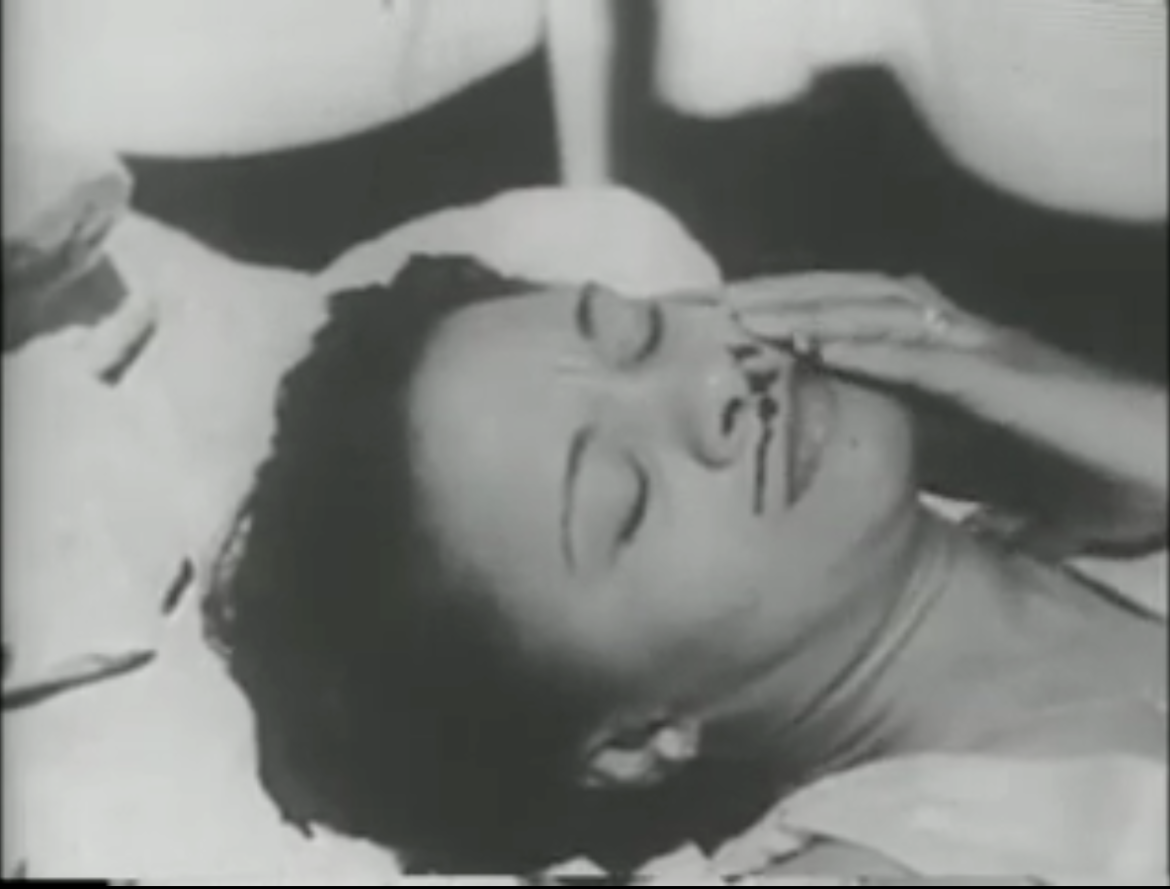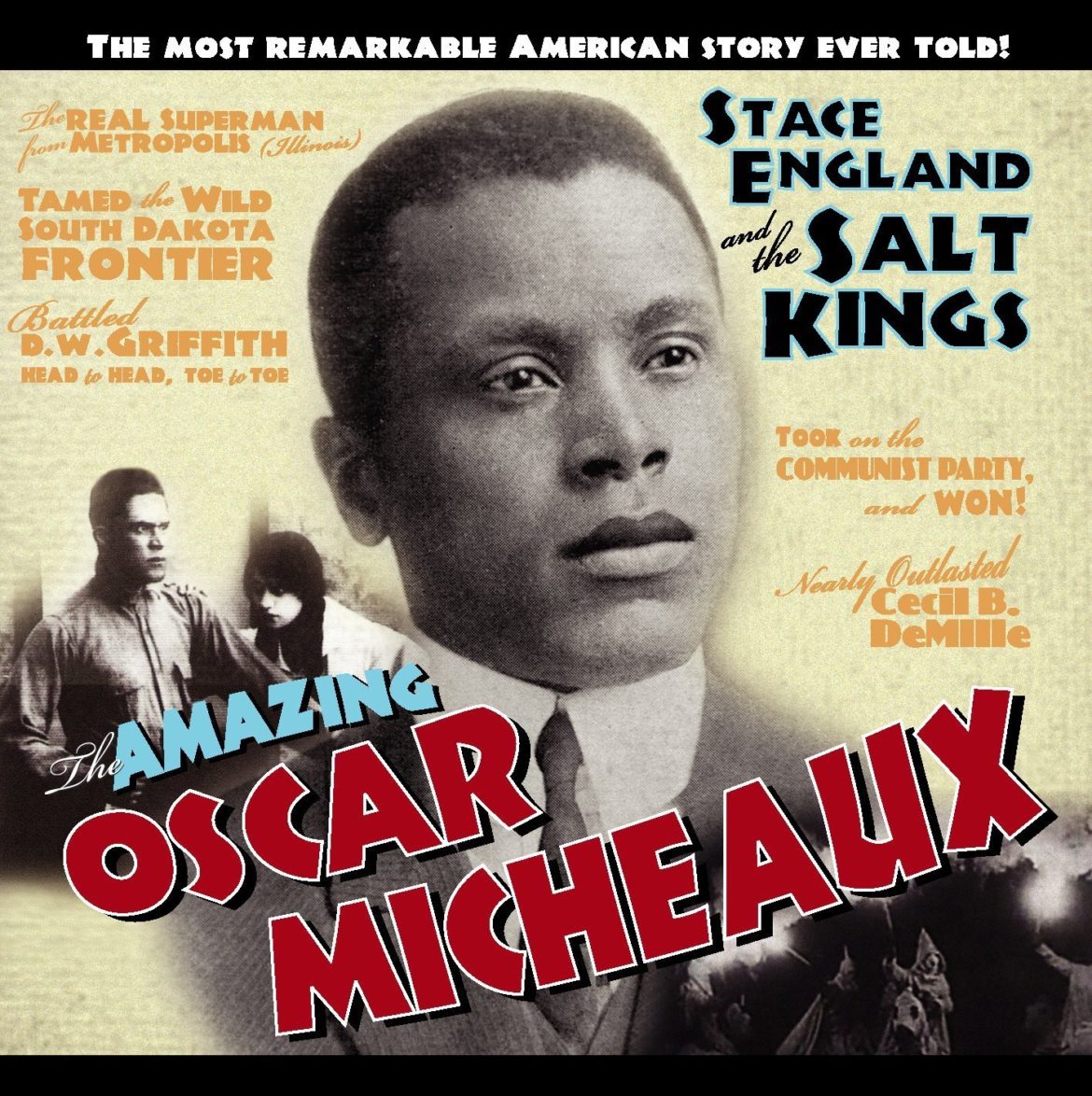Welcome to the first installment of a new end-of-week series, in which we profile something new to streaming, and round-up a few other recommendations for your weekend. I’ve opted to go with Netflix, since that seems to be the most common platform right now, and so hopefully relevant to your house.
Commentary
All the way back in March, I announced The Great Sports Movie Bracket of 2016, with the intention that a victor would be crowned by the end of March Madness. That … did not happen.
It turns out watching 16 movies, discussing them, and then deciding on victors in individual pairings takes a little while.
It may seem peculiar to go back and talk about a film two years after its release, especially one as forgotten as 2014’s As Above, So Below – so let me explain why anyone should care about the film first.
It’s a general rule in clowning – and I know with that phrase I’m already in danger of losing some of you, but stick with me – that you have to do something really cool and skilled before you can fail amusingly.
Watching She’s Beautiful When She’s Angry, director Mary Dore’s perfectly agreeable and accomplished 2014 documentary about the birth of the modern women’s movement in the U.S., it’s hard not to feel there’s something staid about the proceedings.
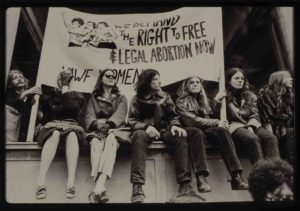 This is less the fault of the film itself than a reflection of how exciting the landscape of documentary film has become in recent years.
This is less the fault of the film itself than a reflection of how exciting the landscape of documentary film has become in recent years.
Fireworks: Look Back On Kenneth Anger
Like his hero Jean Cocteau, Kenneth Anger is a mercurial and scandalous figure in 20th century art. An Aleister Crowley-influenced occultist, associate of counter-culture figures ranging from Mick Jagger to Charles Manson acolyte and convicted murderer Bobby Beausoleil, and author of the notorious Hollywood Babylon, a profoundly dubious book of gossip which The New York Times famously proclaimed to be “without one single redeeming merit,” Anger’s notoriety often threatens to overshadow his artistic output as an avant-garde filmmaker.
I have now watched M. Night Shyamalan’s The Happening three times in as many days, and it remains entirely perplexing.
I tried several times to conjure up a proper review, but the film itself is so fragmented and bizarre that a standard write-up would fail it.
Part of an ongoing effort to watch a set of films from non-White, non-U.S., non-male, and/or non-straight filmmakers and depart a little from the Western canon. The intro and full list can be found here.
Maya Deren’s hugely influential 1943 short Meshes of the Afternoon played a key role in kicking off the New American Cinema Group, and has lost none of its power to entrance in the 70-plus years since.
Part of an ongoing effort to watch a set of films from non-White, non-U.S., non-male, and/or non-straight filmmakers and depart a little from the Western canon. The intro and full list can be found here.
Famously included as part of the “Tyler, Texas Black Film Collection” – a trove of early race films uncovered in a warehouse in that town, 80 miles outside Dallas, in the 80s – Spencer Williams’ The Blood of Jesus (1941) has had a strange journey to prominence in discussions of the period in which it was filmed.
The incestuous racial politics of Oscar Micheaux and the ambiguous text in God’s Step Children
Part of an ongoing effort to watch a set of films from non-White, non-U.S., non-male, and/or non-straight filmmakers and depart a little from the Western canon. The intro and full list can be found here.
Oscar Micheaux – the wildly prolific and successful early 20th century director of “race films” and generally considered to be the first Black filmmaker – courted controversy throughout his career.
On Bernie Sanders, Rabbi Manny Shevitz, and The Donald, or: Cultural Production In The Age Of Deborah Gibson
The 2016 election cycle has proven to be one of the more contentious in recent memory. The execrable possibility of President Donald Fucking Trump, Goddammit has cast a shadow on all the goings-on, but even the relatively mild-mannered Dems have been getting, well, a bit testy.



